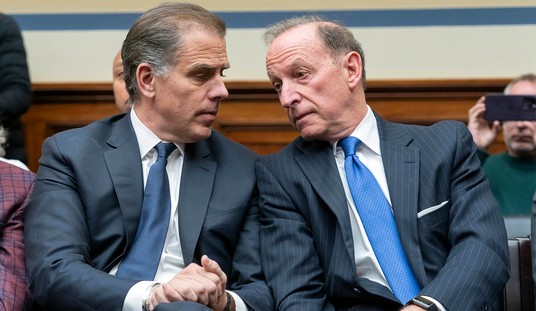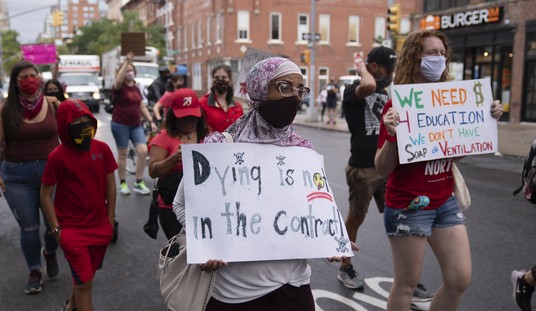December 2, 2012
Michigan voters went to the polls last month to consider six initiatives. The measures had been placed on statewide ballot by private citizens. They had organized and gathered hundreds of thousands of signatures from fellow Michigan citizens, all to earn an up-or-down vote on their respective issues.
All six measures went down to decisive defeat at the polls.
Deservedly so — with the exception of Proposal 5, which would have required a vote of the people or a two-thirds legislative vote in order to raise state taxes. I do wish a majority of Michiganders had seen the wisdom of that particular idea.
Still, like it or not, the people have spoken.
Now, alas, politicians are speaking . . . and threatening to restrict the right to initiative and referendum.
“Secretary of State Ruth Johnson called Thursday,” the Detroit Free Press reported, “for a bipartisan committee to look at ways to prevent well-financed special interests from buying their way onto the Michigan ballot and amending the state’s constitution.”
Money sure helps (as does an already organized network of supporters) in any effort to gather the roughly half a million voter signatures required to get a measure on the state’s ballot. Thus, so-called “special interests” do have a leg up over ordinary folks; wealthy interests can indeed splurge, spending the money required to place any plausible notion onto the ballot. But a 0-6 record at the ballot box certainly makes clear one thing: big money and big unions and big business and big whatever cannot buy their way into the state’s constitution.
Recommended
The Detroit International Bridge Co., for example, along with a number of powerful unions, supported several of the measures, including one requiring voter approval of any new international bridge and another seeking to give unions constitutional protection for collective bargaining. The big-moneyed supporters and opponents of these high-profile initiatives helped set a record for total spending on ballot measures — over $150 million.
But what exactly was the harm? Michigan’s constitution remains unaltered. Money went from well-off businesses and union members to more cash-strapped petition gatherers — a neat bit of voluntary redistribution of wealth. And besides, the voters got to make the final decision. As is best.
If the money and power of big business and big labor were limited to placing their ideas on the ballot for voters to decide — rather than intimidating or purchasing our legislators — we’d be way ahead of the political game.
Even more importantly, if the citizen initiative — so crucial to reforms like term limits and other innovative checks on the excesses of big government — is to be restricted for the most powerful political organizations, how will grassroots citizens, property rights groups, taxpayer advocates and other far less well-heeled reformers ever be able to overcome such new hurdles?
Secretary of State Johnson acknowledged as much, dodging questions as to how legislation could block “special interests” without eclipsing less special folks, and finally offering weakly that, “We just need to look at the system and make sure it’s working as well as it can, but we’ll protect that First Amendment right.”
But there’s an irony here: both big business and big labor, responsible for the super-sized spending on this year’s ballot measures, will almost certainly support reining in the citizen initiative. Why? They fear the weapon it constitutes for grassroots citizen control of government more than they value their own ability to succeed through placing measures on the ballot.
As for politicians, they have their own, almost personal, reasons to disdain direct democracy. They see citizen action as direct competition. And so their “reform” ideas so far put forth run the usual gamut of insiders’ vexation with “outsiders”:
- outlawing paid petition circulators (a law already ruled unconstitutional by the U.S. Supreme Court, unanimously)
- forcing petition circulators to wear badges saying whether they are paid or volunteer (struck down repeatedly as unconstitutional)
- outlawing any productivity pay for petition circulators (passed and struck down as unconstitutional in five states, including neighboring Ohio)
- not counting the petition signatures of valid Michigan voters if the person circulating the petition violates any of the many rules
Any of these, if passed, would be challenged and declared unconstitutional for violating the First Amendment rights of the people — just as similar enactments by legislators in Arizona, Colorado, Nebraska, Ohio, and Oklahoma have been in recent years.
No legislator or statewide official has suggested making it easier for non-special interests to put an idea before the voters. They seem to believe the people of Michigan voted correctly . . . but must be prevented from voting again. (links/references)

























Join the conversation as a VIP Member